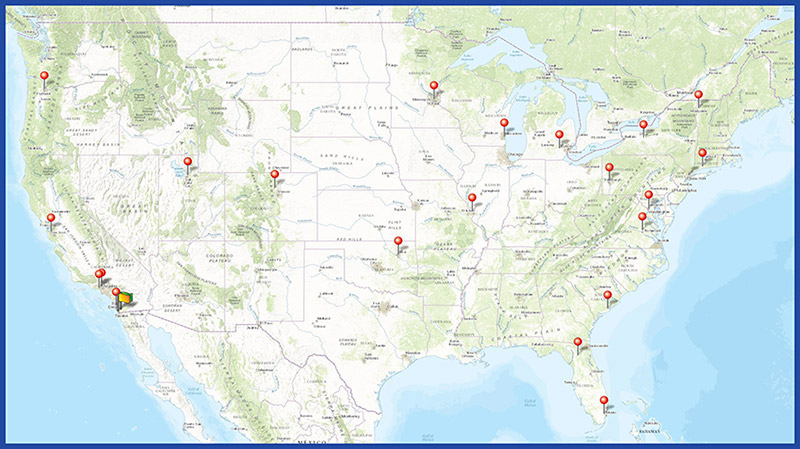ABCD Study
The Adolescent Brain Cognitive Development (ABCD) Study is the largest and most comprehensive long-term study of brain development and child health in the United States. Supported by $300 million from the National Institute of Health, 21 research institutions across the United States are taking high resolution structural and functional brain images of over 10,000 children ages 9-10 biennially as they progress into adulthood. This unprecedented dataset incorporates genetic, demographic, and environmental data as well as a comprehensive range of measures assessing predictors and outcomes related to both mental and physical health of each participant with the aim of increasing our understanding of the many factors that can enhance or disrupt a young person’s life trajectory.
The Developmental Cognition and Neuroimaging (DCAN) Lab handles processing ABCD imaging data using a lightly modified version of the image processing pipeline from the Human Connectome Project.
According to the ABCD Study website, "Using cutting-edge technology, scientists will determine how childhood experiences (such as sports, videogames, social media, unhealthy sleep patterns, and smoking) interact with each other and with a child’s changing biology to affect brain development and social, behavioral, academic, health, and other outcomes. The results of the ABCD Study will provide families; school superintendents, principals, and teachers; health professionals; and policymakers with practical information to promote the health, well-being, and success of children."
